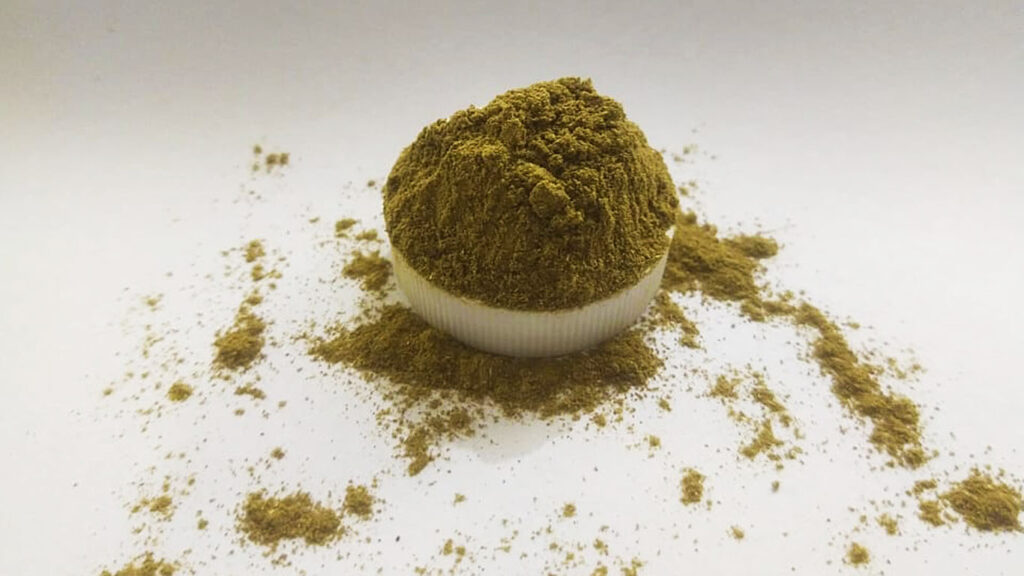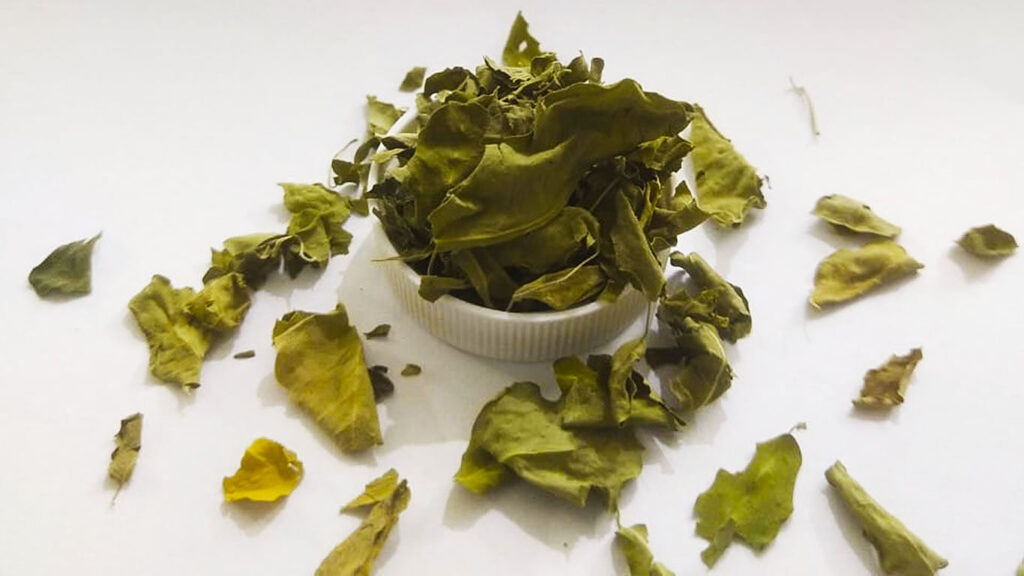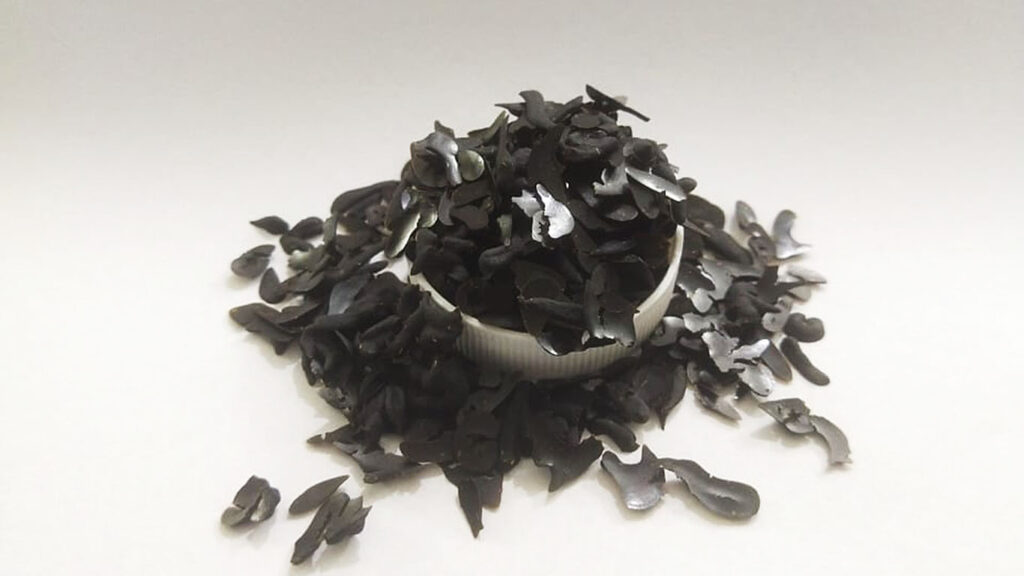Moringa oleifera
Moringa oleifera is a nutrient-dense plant, and a terrific source of numerous essential vitamins and minerals.

Some of its key nutrient values include—
- Vitamin A — for healthy skin and vision,
- Vitamin C — for maintaining a healthy immune system,
- Calcium — for maintaining healthy bones and teeth,
- Iron — for producing red blood cells and transporting oxygen throughout the body,
- Protein — for growing and repairing body tissues,
- Zinc — for immune function, wound healing, and taste sensation,
- Potassium — which regulates blood pressure and supports heart health, and even,
- Antioxidants — which protect the body from free radical damage and help in the prevention of chronic diseases.

In fact, Moringa is…
- 9x richer in Protein than yogurt
- 12x richer in Vitamin C than oranges
- 15x richer in Potassium than bananas
- 17x richer in Calcium than milk
- 25x richer in Iron than spinach
- 30x richer in Magnesium than eggs

What else does Moringa do?
- It helps in lowering blood sugar levels. Moringa leaves have been found to have hypoglycemic effects, making them especially beneficial for those with diabetes.
- It helps in lowering blood pressure. Moringa leaves have been found to have anti-hypertensive effects, making them especially beneficial for those with hypertension.
- It boosts the immune system. Moringa leaves are rich in vitamins and minerals, including those essential for maintaining a healthy immune system.
- It improves bone health. Moringa leaves are rich in calcium, which is essential for maintaining healthy bones.
- It may improve skin health. Moringa oil is rich in fatty acids and antioxidants, both of which are especially helpful in improving skin health and reducing the appearance of wrinkles.
- It may help digestion. Moringa leaves are a powerful source of fiber, making them especially helpful not only in digestion, but also in easing the effects of constipation.
- It may have anti-inflammatory effects. Moringa leaves contain compounds that may reduce inflammation throughout the body and help in protecting cells from damage.
- It may have antimicrobial effects. Moringa contains compounds with antimicrobial effects, which are beneficial in helping to fight off harmful bacteria and viruses.
- It may improve heart health. Moringa has been found to have anti-atherogenic effects, meaning it may help prevent the buildup of plaque in the arteries, and as a result, heart disease.
- It may have anticancer effects. Moringa contains compounds that may help prevent or slow the growth of cancer cells.
- It purifies water. Due to the presence of coagulant in Moringa seeds, they are commonly used to purify water.
Moringa oleifera — by MoreIng Organic



